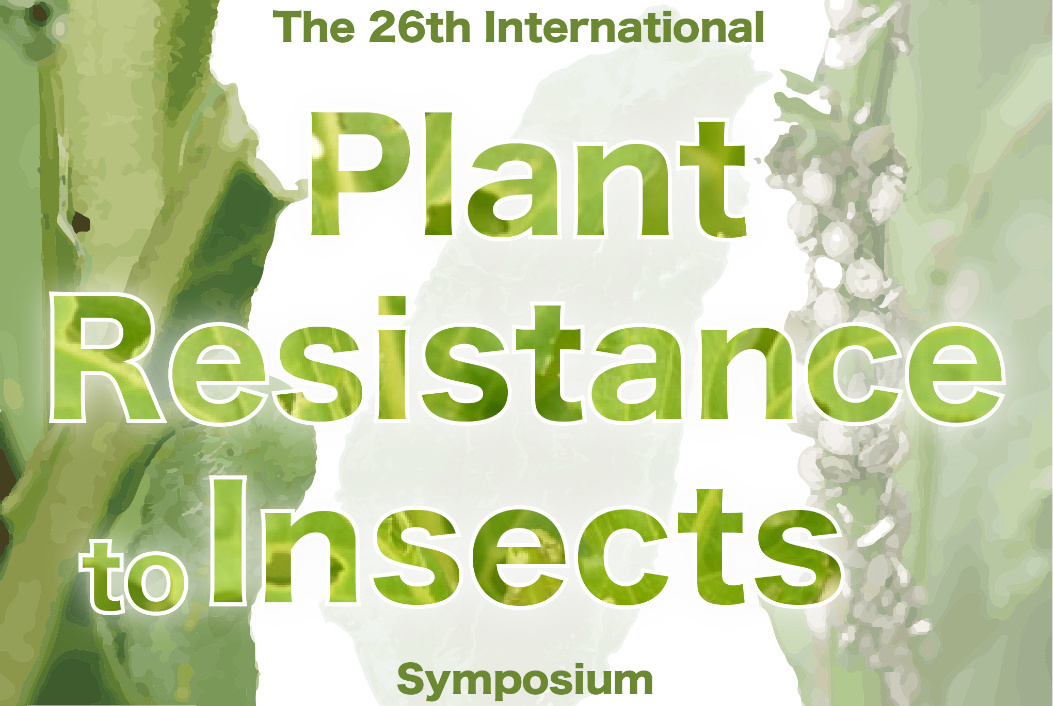— Healthier lives, more resilient livelihoods through greater diversity in what we grow and eat —
Our Featured Projects
Engaging women and youth in vegetable production and distribution networks to close the ‘vegetable gap’ and improve livelihoods and nutrition in Ethiopia and Kenya.
Sustainable and climate-smart agricultural and post-harvest practices to increase vegetable consumption in urban and peri-urban areas of West Africa.
Conserve and use African vegetable biodiversity to address malnutrition by increasing the production and consumption of nutritious vegetables.
The World’s Largest Public Vegetable Genebank
The World Vegetable Center genebank maintains a large collection of public domain germplasm for the current and future use of all humankind. We distribute seed samples of our germplasm accessions and advanced breeding lines worldwide.
With 65,152 accessions encompassing germplasm of 133 genera and 330 species from 155 countries, the World Vegetable Center genebank includes globally important vegetables such as tomato, onion, peppers and cabbage as well as more than 10,000 accessions of traditional vegetables.
Each year the Center distributes about 10,000 seed samples to researchers across the globe. Over the past four decades this has led to the release of hundreds of new vegetable varieties with particular impact in developing countries.
WorldVeg’s Global Presence and Impact
Center researchers lead and participate in projects throughout Asia and Africa. We have about 400 staff engaged in this spread of activities, and seek to partner with governments, nongovernmental organizations, universities, research institutes, and the private sector to promote prosperity for the poor and health for all.
Africa
A giant leap forward for the conservation of vegetable biodiversity in Africa
A giant leap forward for the conservation of vegetable biodiversity in Africa - two new genebanks inaugurated in March 2024, in Tanzania and Eswatini With support from the Taiwan Africa Vegetable Initiative, two [...]
Nutritional and economic benefits of including traditional leafy vegetables in school feeding programs in Kenya
Nutritional and economic benefits of including traditional leafy vegetables in school feeding programs in Kenya – new report 24-1078_Kenya school feeding reportProducers and consumers in the study areas in Kenya expressed a strong [...]
Celebrating the amazing achievements of the Taiwan Africa Vegetable Initiative
Celebrating the amazing achievements of the Taiwan Africa Vegetable Initiative The Taiwan Africa Vegetable Initiative (TAVI) end of project workshop took place on 14 March 2024 in Manzini, Eswatini, attended by more than [...]
WorldVeg’s Offices in Africa: 📍 Eastern & Southern Africa Office – 📍 West & Central Africa Office (Dry Regions) – 📍 West & Central Africa Office (Humid Regions)
Asia
Strengthening capacities in Cambodia to increase off-season vegetable production
Strengthening capacities in Cambodia to increase off-season vegetable production The demand for vegetables in Cambodia is around 1.2 million tonnes per year, but current national output meets only about half of this, [...]
The 40th International Vegetable Training Course
The 40th International Vegetable Training Course The acronym IVTC has become well known in agricultural research circles in Asia over the years. The first International Vegetable Training Course (IVTC) was organized by [...]
ICRISAT chickpea collections conserved at the WorldVeg genebank
ICRISAT chickpea collections conserved at the WorldVeg genebank On 31 October, a consignment of more than 1.1 tonnes of chickpea seed was received by the WorldVeg genebank at its headquarters in Shanhua [...]
WorldVeg’s Offices in Asia: 📍 Headquarters in Taiwan – 📍 South & Central Asia Office – 📍 East & Southeast Asia Office
Latin America / Caribbean
Growth Habit
Perspectives to expand your view of vegetables

Wild relatives need a place at the table
Recent research indicates neglecting the "unruly" family members of cultivated vegetable crops imperils future food security and our resilience to climate change.
Taller, heavier, hungrier: Can global agriculture meet our demand for more food?
As Body Mass Index (BMI) rises, expect a marked increase in global calorie requirements.
RECENT RESEARCH
Visit HARVEST, the WorldVeg digital document archive:
MY SUCCESS
A young man’s vision
Plants are the inspiration and income the motivation for a young Ghanaian graduate to take up farming as a career.
No water? Grow vegetables!
The Mafichoni Garden Group isn't about to let a scarce water supply get in the way of growing nutritious food for their families and neighbors.
They like it!
Lilian's children wouldn't eat the food she cooked. Now she grows vegetables that aren’t bitter, changed her cooking style, and has the kids eating healthy leafy greens every day.
Home gardens, healthy children, happy parents
School Principal Robina teaches her young students to grow vegetables and cook them for school lunch. The children are noticeably healthier, which has made her school very popular among parents.
WorldVeg’s Donors
Support for World Vegetable Center activities is provided by project donors and the following long-term strategic donors.
Thanks to UK aid from the UK government, United States Agency for International Development (USAID), Australian Centre for International Agricultural Research (ACIAR), the governments of Taiwan, Germany, Thailand, the Philippines, South Korea and Japan.



















